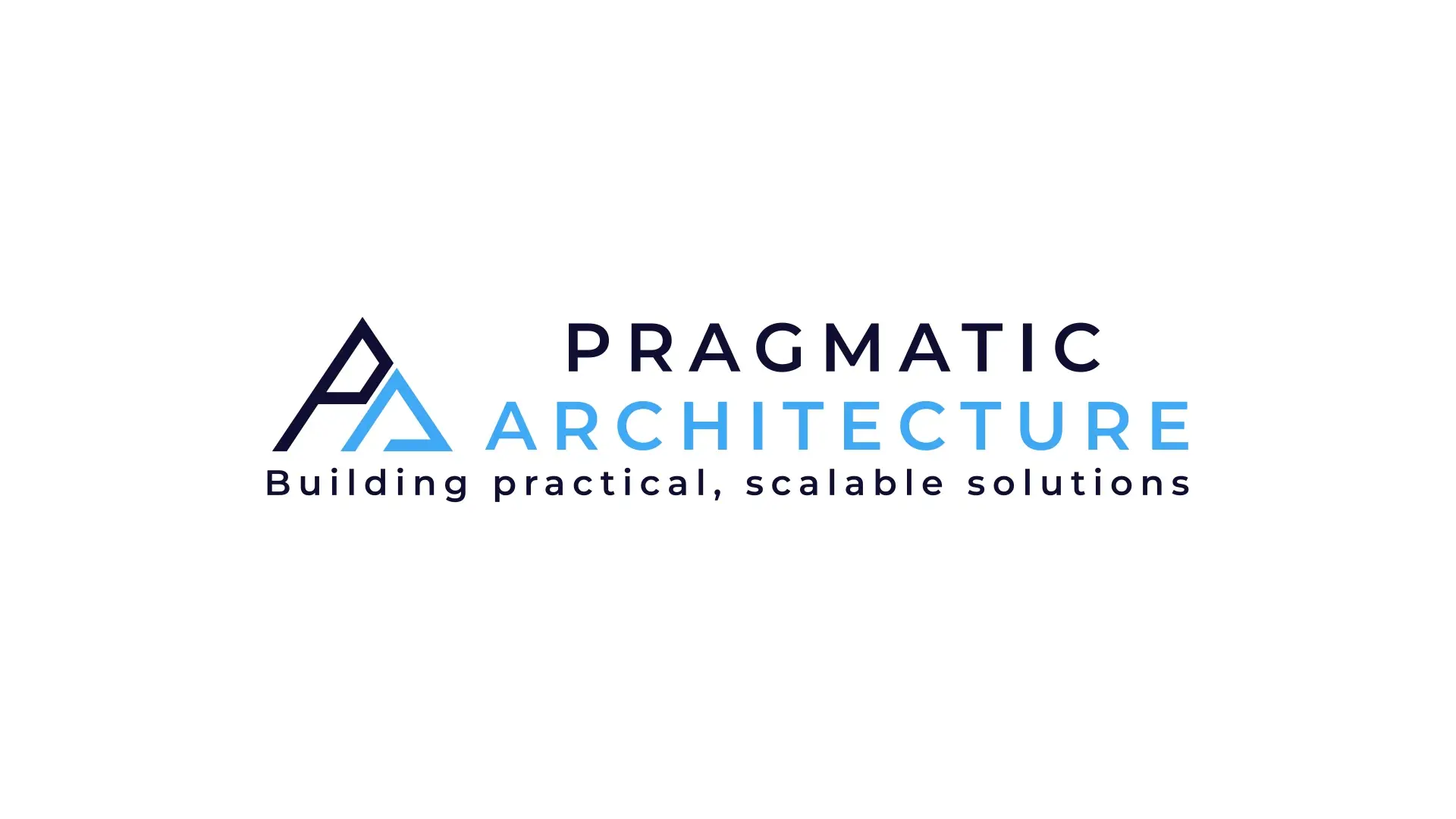In today’s fast-paced digital world, businesses are constantly evolving, and the role of enterprise architecture is more critical than ever. At Pragmatic Architecture, we believe in a modern, outcome-oriented approach that aligns architecture with the immediate and long-term goals of organizations. Our Insights section is dedicated to exploring the latest trends, strategies, and real-world applications of this approach.
Whether you’re an architect, product owner, or business leader, our articles offer practical perspectives on how to cut through complexity and deliver real value. From in-depth explorations of key principles to case studies that demonstrate Pragmatic Architecture in action, you’ll find valuable content that can help you stay ahead in today’s competitive landscape.
What do you do when your platform is stuck, unable to meet the conflicting needs of two distinct audiences? For one client, balancing local operators with centralized organizations led to fragmented messaging, pricing misalignment, and limited growth.
But instead of refining their marketing or sales approach, they found the answer in architectural thinking. By reimagining their platform’s design, they unlocked scalability, simplified their value proposition, and expanded into entirely new markets.
This is the story of how architectural thinking transformed frustration into growth. Read the full journey and discover the lessons your organization can apply today.
Pragmatic Architecture is about simplifying complexity and focusing on business outcomes rather than rigid processes. In this blog, we explore five practical tips for solution architects to begin implementing Pragmatic Architecture, from embracing the 80/20 rule to leveraging frameworks like arc42. These tips will help you deliver value-driven solutions efficiently while avoiding over-engineering. Ready to make architecture simpler and more impactful? Dive in and start applying these principles today!
In traditional enterprises, the role of an Enterprise Architect is vital for aligning technology and business strategies. However, many Big Tech companies like Google and Amazon operate without dedicated Enterprise Architects. How do they manage governance in such complex environments? This article explores the decentralized, agile approach of Big Tech, where small, autonomous teams, microservices, and cloud-native infrastructure replace the need for centralized architectural oversight. We also examine how this governance model aligns with the principles of Pragmatic Architecture, focusing on outcomes, flexibility, and lean governance.
Transitioning from traditional, process-heavy enterprise architecture (EA) to an outcome-driven approach is key to delivering faster value and staying competitive in today’s fast-paced business environment. This article explores practical strategies for simplifying governance, empowering architects as problem-solvers, and aligning architecture with measurable business outcomes. Discover how a flexible, agile architecture model can help your organization adapt quickly to changing market needs and drive real business impact.
Pragmatic Architecture shifts the focus from rigid, process-heavy frameworks to a flexible, outcome-driven approach. By prioritizing tangible results over exhaustive documentation, it empowers organizations to deliver faster value, adapt to changing business needs, and streamline collaboration between architects and teams. Discover how this modern take on enterprise architecture is transforming the way established businesses and startups alike respond to rapid technological and market shifts.




